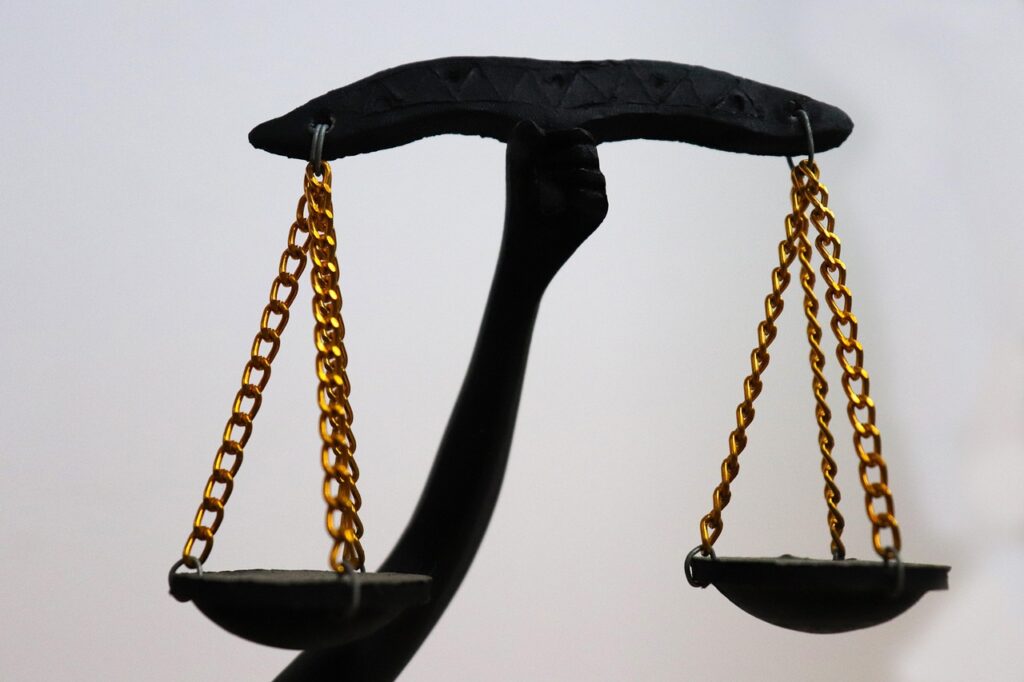Published On: 25th October, 2024
Authored By: Swapnil Chauhan
TRANSLAM COLLEGE OF LAW/ CCSU
TITLE- This case is in regard to Preserving Autonomy of Minority Educational Institutions.
CASE NAME- P.A INAMDAR V STATE OF MAHARASHTRA (2005)
CITATION- (2005) 6 SCC 537
COURT – Supreme Court of India.
BENCH – Chief Justice R.C. Kumar, Justice G.P. Mathur, Justice Tarun Chatterjee, Justice P.K. Bala Subramanyan and Justice R. Lahoti.
DECIDED ON- 12TH AUGUST, 2005.
BRIEF FACTS –
In the case of P. A. Inamdar v. State of Maharashtra, there was a dispute between a group of private unaided minority educational institutions in Maharashtra, represented by P. A. Inamdar, and the State of Maharashtra, which represented the state government. The main issue was about the autonomy of minority institutions in admitting students of their choice, particularly concerning the state government’s policies of a common entrance test and reservation quotas for professional course admissions.
The case centered on the interpretation of Article 30(1) of the Indian Constitution, which grants religious and linguistic minorities the right to establish and manage educational institutions of their choosing. The Maharashtra government had implemented reservation policies, including quotas for socially and educationally backward classes, in these private unaided institutions. The petitioner argued that these policies infringed upon their autonomy.
The focus of the case was on the freedom of minority institutions to create their own admission procedures and policies while ensuring fairness based on merit.
The Supreme Court of India, comprising a five-judge bench, delivered a significant judgment in 2005. The court upheld the autonomy of minority institutions and recognized their right to admit students as per their own choice, without being bound by the reservation policies imposed by the state government.
The verdict reaffirmed the constitutional protection granted to minority institutions, acknowledging their distinctive role in the Indian education system. The judgment highlighted the importance of striking a balance between the right to equality and the right of minority communities to establish and manage their educational institutions.
ISSUE –
- The issue arises whether Maharashtra Unaided Private Professional Educational Institutions (Regulation of Admissions and Fees) Act, 2005, is constitutional and consistent with the fundamental rights that are being guaranteed under the Constitution of India.
- Do minority educational institutions have the right to establish and administer their institutions without interference from the state, as protected under Article 30 of the Indian Constitution?
- Can minority institutions make reserves for minority students in admissions? If yes, how much can be done to guarantee that the equality and nondiscrimination clauses of the Constitution are upheld?
- A question arises about the scope of the state’s authority in regulating the admission processes in private unaided professional educational institutions, with particular concern for the admission of minority students and how merit-based admissions will be prevented.
- Another issue addressed was in the light of the interpretation and application of the fundamental rights, which included the right to administer and establish educational institutions (Article 30), the right to equality (Article 14), and the right to protection of cultural and educational rights of minorities (Article 29)?
RATIO –
In the Supreme Court judgment, the Court examined the constitutional validity of the legislation known as the Maharashtra Unaided Private Professional Educational Institutions (Regulation of Admissions and Fees) Act, 2005. This Act casts around for the regulation of the process of admission and fee structure in private unaided educational institutions, including professional colleges.
In its Judgement, the Supreme Court upheld the constitutional validity of reservations for Scheduled Castes, Scheduled Tribes, and Other Backward Classes (SC/ST/OBC) in these institutions. However, it was also established that the “institutions share” of seats should have no reservation, which alludes to the seats that are not government-funded nor aided by the government. The court decreed that privately funded educational institutions possess the authority to dictate their admission protocols, encompassing the liberty to devise their own admission criteria and fee framework.
Supreme Court upheld in the judgment that the state government has the power to prescribe and regulate the quota of the students that belong to the reserved categories for admissions in private unaided educational institutions. Furthermore, the Court highlighted that any regulatory measures must be balanced, impartial, and straightforward, and should not excessively curtail the autonomy of these institutions. The Court also made it clear that any rules must be fair, reasonable, and transparent, and not interfere too much with the freedom of these institutions.
The important principles were laid down in the judgment regarding the freedom of private unaided educational institutions and the extent to which the state can regulate them. It proclaims that the right to administer and establish educational institutions is a fundamental right protected under Article 19(1) of the Constitution of India, and any mandate must wallop stability between the interest of the state in encouraging social welfare and the right of institutions for autonomy.
HELD –
The Supreme Court additionally stated that the unaided educational private institutions could not be pressured to provide reservations in respect of seats for postgraduate courses. However, the court, also ruled that the fees that will be charged by these institutions must be reasonable and should not be profiteering in nature. The judgment in the P.A. Inamdar case has held remarkable implications for the reservation policies in private unaided educational institutions in India. Through reservations, it created a balance between these organizations’ autonomy and the requirement for social justice.




